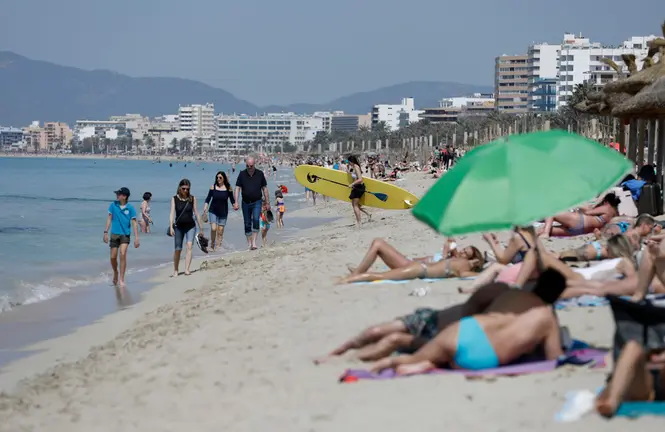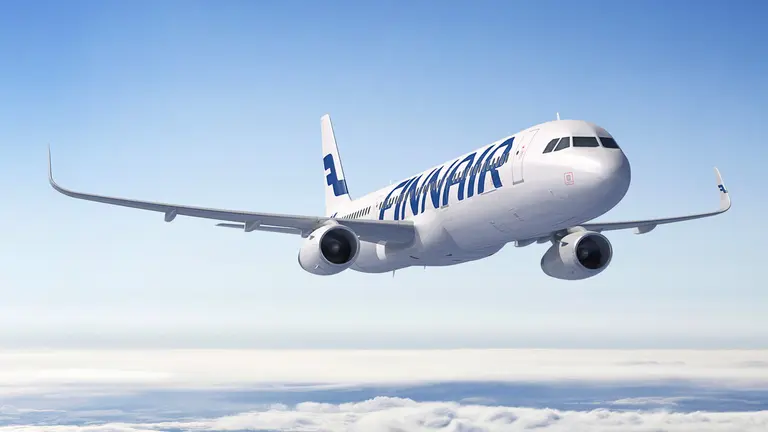Tourist spending in Finland will decrease by 30–40% in 2021. If demand picks up in November–December, total spending is estimated to shrink by around 30%, or more than 5 billion euros. If, however, demand starts to recover only in spring 2022, total spending will decrease by about 40%, or over 6 billion euros.
These figures are from an estimate regarding the development of tourism demand published in Business Finland’s What’s up: Ennusteet & Ennakointi (Forecasts and Anticipation) seminar on 6 September 2021. The Ministry of Economic Affairs and Employment, in cooperation with Visit Finland, Statistics Finland, the Finnish Hospitality Association MaRa, and the Association of Finnish Travel Agents SMAL has prepared the estimate using figures from 2019 for purposes of comparison.
The estimates on how much spending would fall have turned more optimistic compared with early spring, driven by the growth in domestic tourism this summer. However, the pre-pandemic level in the sector’s overall demand cannot be reached without cross-border travel.
According to preliminary estimates, tourism demand (the amount of money spent by Finnish and foreign tourists in Finland) was 16.3 billion euros in 2019. Demand is not expected to reach this level before 2023.
The recovery of tourism demand, particularly inbound and outbound tourism, will be significantly slower than the demand for domestic tourism. The tourism sector must also prepare for a scenario where demand will remain subdued for a longer period, the Ministry of Economic Affairs and Employment said in a statement.
The study predicts that "the huge decline in international tourism will continue." The coronavirus crisis will cut spending by foreign tourists by 70–80%, or 3.8–4.3 billion euros, this year. This represents a significant proportion of Finland’s service exports, of which tourism accounted for 16% in previous years, making tourism the third most important sector of service exports.
Finnish tourist spending in Finland on services related to foreign travel will decrease 76–86%, or 1.7–2.0 billion euros. Before the coronavirus crisis, travel abroad accounted for about 15% of the total travel and tourism demand, but fell to just 5% this year. This consists largely of services provided by domestic airline and shipping companies, and travel agencies.
It is estimated that domestic tourism spending will remain close to the 2019 level. Before the crisis, domestic tourism accounted for nearly 55% of Finland’s total demand for tourism; this year the percentage will rise to 82–87%.
Uusimaa and Lapland
A regional tourism account, which describes the impacts of tourism on economy and employment in each region, was also published at the Business Finland event.
The importance of tourism for regions varies greatly. In 2017–2019, domestic demand for tourism increased from 10.5 billion to 11.0 billion euros, at an annual rate of around 2% (211 million euros). Southwest Finland, North Ostrobothnia, Pirkanmaa and Central Finland experienced the most significant growth.
In 2017–2019, international tourism to Finland increased by around 8% per year, focusing almost exclusively on Uusimaa and Lapland. Uusimaa benefited from more than half of the total tourism demand (8.2 billion euros).
In 2019, 154,000 people worked in the tourism sector in Finland, representing 5.8% of the workforce. The share was higher in Åland (21.4%), Lapland (8.4%), Uusimaa (6.5%) and South Karelia (6.1%).
Of the people employed in the tourism sector, around 60,800 (or 40%) worked in Uusimaa.










